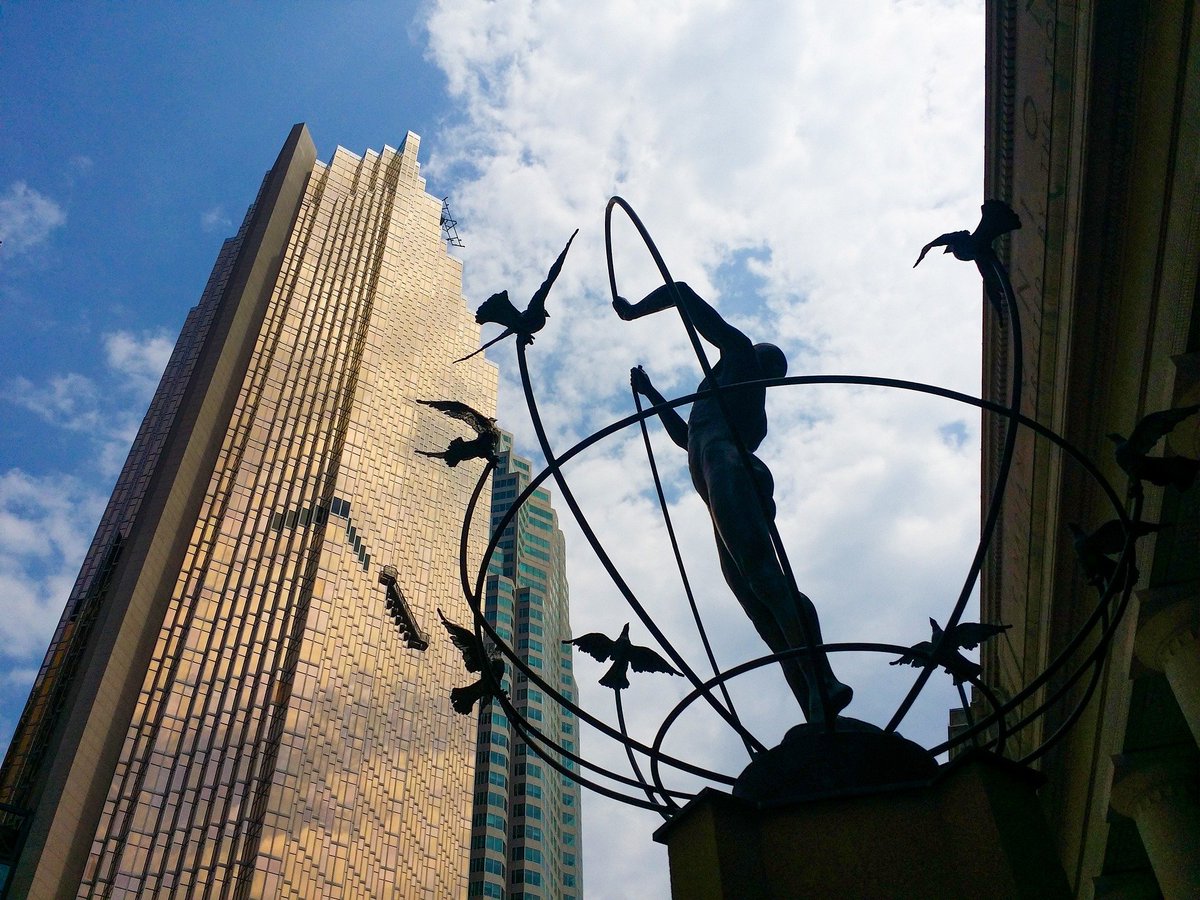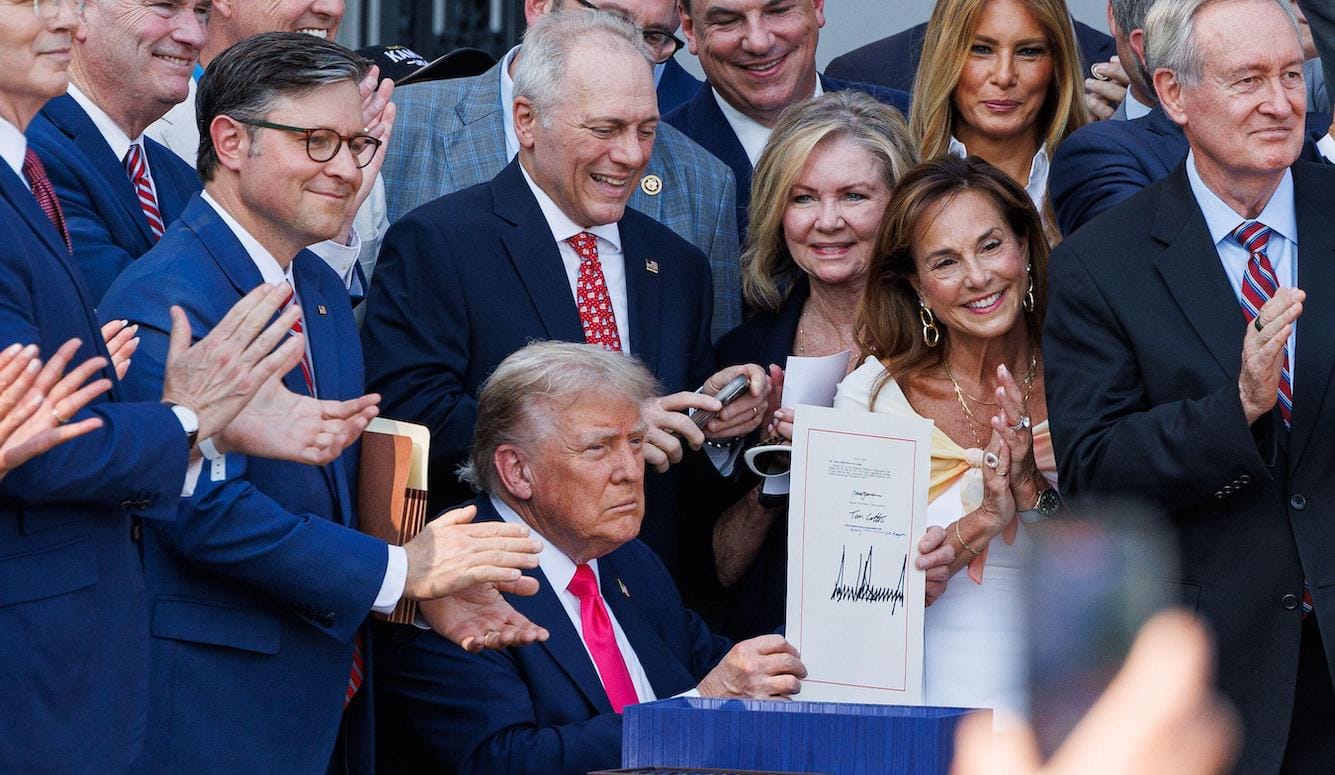Diversity Debate
The Diversity Ideology
The diversity ideology’s adherents are laudable – to encourage tolerance and a respectful understanding of the different perspectives each community offers.

Editor’s note: this piece is the first in an ongoing series on the subject of diversity. If you would like to join the diversity debate please comment below or send a submission to [email protected].
The merits of diversity are much discussed these days. It is increasingly accepted that the more diverse society is perforce the stronger society, especially if it is a liberal democracy. And why shouldn’t that be? In many different contexts, from ecosystems to financial portfolios, greater diversity leads to greater robustness and sustainability. But one response to growing diversity has been the rise of an accompanying ‘diversity ideology’ antithetical to much of what helps modern societies flourish.
Many of these societies freely acknowledge and justly celebrate their ethnic and religious diversity. But ideologies come with ideologues, the most visible of which in this case are diversity consultants in business, people with titles such as Vice-President for Diversity or professors of various ethnic and religious studies in academia, and political pressure groups. Such people tend to assume a list of cultures (subject to change through political pressure) and argue that these are intrinsically different, and that preserving these differences is not just important but vital. They understand cultures as fragile museum pieces in need of constant nurture and barriers to protect them from the intrusion of other cultures. In other words, diversity is yet another thing to be managed, rather than something continuously evolving and best left alone.
The goals espoused by the diversity ideology’s adherents are laudable – to encourage tolerance and a respectful understanding of the different perspectives each community offers. Historically, cultures everywhere have improved by borrowing liberally from one another through commerce, colonialism, and mere curiosity. But although the diversity ideology is promulgated most aggressively by self-identified ‘progressives,’ it is in fact a reactionary dogma which insists cultures need to be defended from pressures to evolve and from the influence of alternative modes of thought and behavior. Instead, any permissible contact with people in other cultures must be mediated by a credentialed expert, usually a member of the culture to be protected.
Most recently, this attempt to promote cultural autarky has metastasized into a stern and inflexible opposition to ‘cultural appropriation,’ the belief that cultures are owned by specific people, and that that no one in another cultural silo even has the right to enjoy the practices of other cultures unguided, still less alter them. Combined with the credentialing of community spokespersons, this injunction deprives individuals of the right to explore other cultures freely, and deprives members of those cultures of different ways of thinking about their own traditions and mores. This is particularly disturbing because it implicitly strips the latter of their dignity as individuals fit to reason, and privileges a cultural community’s most retrogressive voices.

Cultural protectionism is harmful because successful societies are always in motion. Over the last several centuries, the most accomplished cultures (in particular, those most accommodating of the unfamiliar) have tolerated and even celebrated (though, perhaps, sometimes in hindsight) cultural change. Consequently, with the passage of time, religious beliefs and practices have evolved. Judaism, for example, branched into the Orthodox, Conservative and Reform movements, with each continuing even now to change some of their beliefs. Political philosophy has progressed from dividing people into peasants and slaves on the one hand and divinely ordained kings and aristocrats on the other, to viewing each individual as a citizen in possession of inalienable rights. The circle of those defined as equal citizens takes time to universalize, and the circle’s incremental expansion to include more races and religions and, recently, sexual orientations is always contentious. But with each passing generation, liberal democratic inclusion overcomes resistance. In the realm of science and technology, the progress from the sharing of knowledge is most obvious.
So, while freely accepted cultural exchange promotes positive-sum progress, the cultural apartheid enforced by diversity ideologues increases the likelihood of conflict by encouraging each culture to defend its own turf. Minority cultures are urged to fear excessive engagement with other cultures and the cultural change that may follow. This results in less comparison of and cooperation between disparate cultures, and less experimentation within them. The inevitable consequence is stagnation. With the exception of a few beliefs fundamentally inconsistent with modern, liberal societies, what diverse liberal democracies require is not wholesale assimilation, but merely respect for free choice and spontaneous, undirected change.
It is interesting to consider the development of the category of ‘Latino’ or ‘Hispanic’ culture. This made-in-America identity dates back to a U.S. government committee decision in the 1970s to unite people with Spanish or Portuguese last names for the sake of government analysis, even if they shared little culturally. The sense of being Latino is now also important in Canada and, increasingly, even in the United Kingdom. But self-identifying as ‘Latino’ hardly exists in daily life south of the Rio Grande. Dominican immigrants who came from the east side of Hispaniola are counted as Latinos, but Haitian immigrants from the west side are not. But the very idea of being Latino and self-identifying as such has spread despite these incongruities.
It should be admitted that the diversity ideology has noble roots. The anthropologist Franz Boas is sometimes credited with developing the idea that people are not competent to judge a culture of which they are not a member. But he did so in the early 20th century, when influential scientists, intellectuals, and politicians in the U. S. and Europe were arguing that some races, ethnicities, and cultures were eternally superior to others (a position that betrayed their own rigid understanding of culture), and used this assumption to advocate immigration restrictions, limits on the ability of minorities to compete economically, and even ethnic-based policies of eugenics. Subsequent generations have largely succeeded in defeating the legacy of these ideas. But, in doing so, they have over-corrected and transformed Boas’s ideas into an ideological warrant for segregation.
Cultural mixing and change is an old story. Literature, painting, music, and so on all improve when artists are free to borrow from other cultures. People intermarry in multiethnic societies all the time, and societies across the world have encountered other cultures and then adopted or merely adapted the religious beliefs, legal structures, attitudes about social equality, and even such pedestrian things as cuisine and language they found there. As mentioned, the rapid dissemination of scientific knowledge and technological progress is the most obvious example of this process. The idea that there must be a unique Japanese or Episcopalian natural science is absurd on its face. Instead, science is open to improvement from anyone who adheres to the scientific method. So it is with cultural heritage, which is also ultimately human knowledge, teaching us how to live better but subject to refinement.
Two qualifying remarks should be made. First, there are circumstances in which it may be reasonable to assume that people from certain groups have cultural capital useful for a particular task. For instance, producers of music, literature, news and other kinds of information may decide that they wish to reach specific communities, and hire accordingly. Similarly, in educational settings, teaching students about another culture justifies the employment of those with the relevant expertise. But in neither of these cases is it necessary that the employee be a member of the culture in question — merely that he be expert in its relevant aspects.
Second, it should go without saying that an individual’s cultural identity has no bearing on his legal rights, nor does it weaken the moral imperative to respect him until he gives you a good reason not to. Cultural identity cannot diminish one’s rights under law, nor should it intrinsically decrease a person’s level of respect in society.
But no one should be encouraged or incentivized by strangers to remain ‘loyal’ to his culture. When we travel, our understanding of the world changes, especially when our journeys take us across cultural frontiers. People should be generally free to combine and recombine cultural beliefs as they think best and to create new cultural institutions that modify or even replace existing ones without fear of sanction from their own culture, society at large, and government in particular. Diversity is beneficial precisely because it allows fresh perspectives to be brought to our shared project of building a better society. Reflexively and indiscriminately sentimentalizing cultural traditions and artificially preserving cultural boundaries is not helpful to this task. Instead, we should embrace cultural pluralism and the kind of cross-pollination that discards bad ideas and absorbs good ones to the enrichment of all. A better future depends on it.






